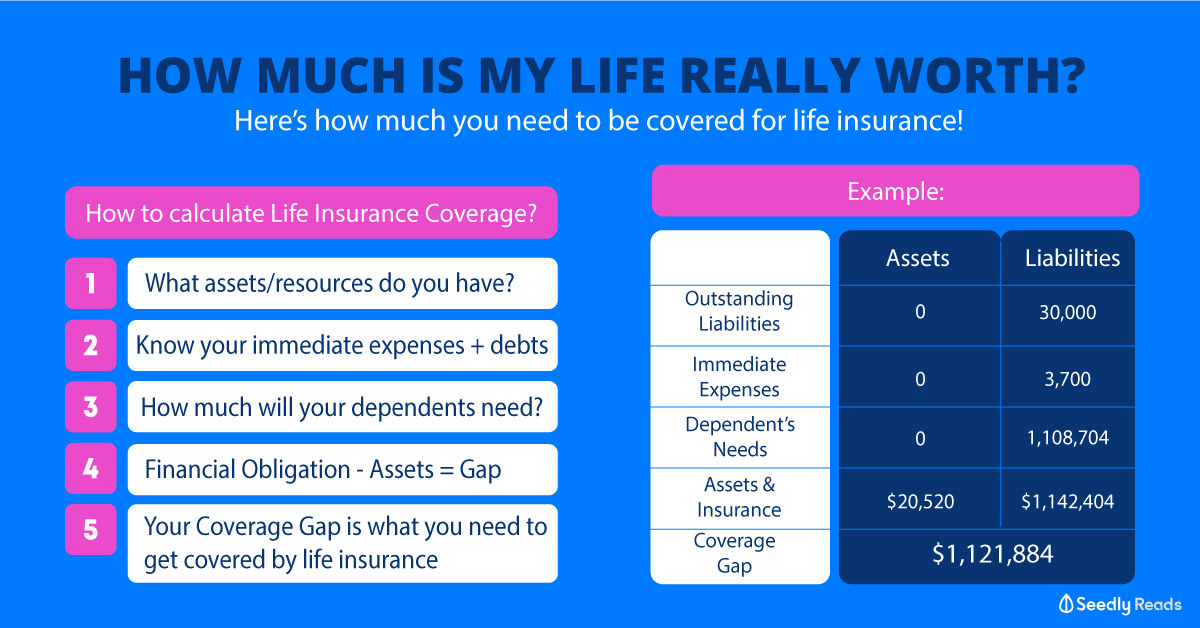Advertisement
Anonymous
How much should emergency funds be?
I'm having trouble putting a hard figure to this. Need some help... How much exactly is “6 months of living expenses”? If its “6 months of income”, is it take home pay for 6 months?
9
Post Merged
This post is no longer accepting new comments because it has been merged with How much should I save for emergency funds?
Discussion (9)
Reply
Save
Personally, I would recommend to save up to 6 months of income, this is to take care of usual expenses and unexpected emergency expenses during the down turn time. Especially for those who aren't that investment savvy and able to put your money into better use and work harder for you.
But again, everyone's lifestyle and spending habbits maybe different. so each should access individual's situation and adjust accordingly.
Reply
Save
Actually i have a rather different take on this question.
Whenever I see other people recommending a "6 months" raining day fund, ill ask myself do i do that? The answer is no and I ask myself why. I found out that my excess funds are often invested in rather liquid investments and i can withdraw them into my cash need whenever i need. Of course I adjust the risk based on overall sentiments of the market (thats the whole different question on portfolio management).
For me i look at things at % chance of happening vs the risk rewards.
My thought process is this - whats the chance of a loss of income? If the chance is moderate to high - then i probably should have at least 6 months.
For most people, id think the chance is low (if u are performing well in work, and u are adequately covered by term insurance).
If the chance of a loss of income is zero to low, i think the 6 months raining day fund can be invested in liquid assets that can be liquidated in 1-2 weeks (id think most stocks or reits has this liquidity).
So for me, instead of 6 months raining day fund, im keeping like 2-3 months and the rest is invested in the market or just as a war chest. I also make sure that im adequately covered by a term insurance. Why just 2-3 months? That's because the % chance of making some money in the market is higher the % chance of needing the raining day fund especially in the bull market. If i need more money, i can liquidate some stocks for my cash needs. I hope this doesnt come and bite me in the ass.
So then it boils down to your risk appetite, and also largely at which life stage you are at now.
I'd think if you have a family and many dependents, you will definitely need more than 6 months, like maybe 12.
If you are single and young, you probably don need / dont have 6 months worth of raining day fund.
If you are getting married / expecting a baby, hopefully you would have channelled some budget into your marriage / home / baby budget.
So i think the answer "6 months raining day fund" is too general an answer to everytime this question is asked, though it is a good guideline.
Just my 0.02.
Reply
Save
Diana Koordi
24 Apr 2019
Financial Advisor at Finexis Advisory Pte Ltd
Hi,
Ideally it should be 3-6 months of your monthly expenses. Rationale behind it, is that it should cover your expenses in the event there is a loss of income so there you have a 3-6 months buffer to get back on your feet.
but if you feel like 3-6 months is not enough. You can consider more than 3-6 months of expenses, but I wouldn't recommend going more than 1 year worth of expenses.
If you have surplus, you can invest the money in a safe product that can help you churn more returns than if you just park the money in the bank.
hope this helps.
Reply
Save
I would go with the higher of the two. Always good to have buffer.
Why not 6 months of expenses? B...
Read 5 other comments with a Seedly account
You will also enjoy exclusive benefits and get access to members only features.
Sign up or login with an email here
Write your thoughts
Related Articles
Related Posts
Related Posts
Advertisement









I think it’s up to individual. For me I just keep about 3 months of income and invest the rest. I can sell them off anytime if I really need the money.